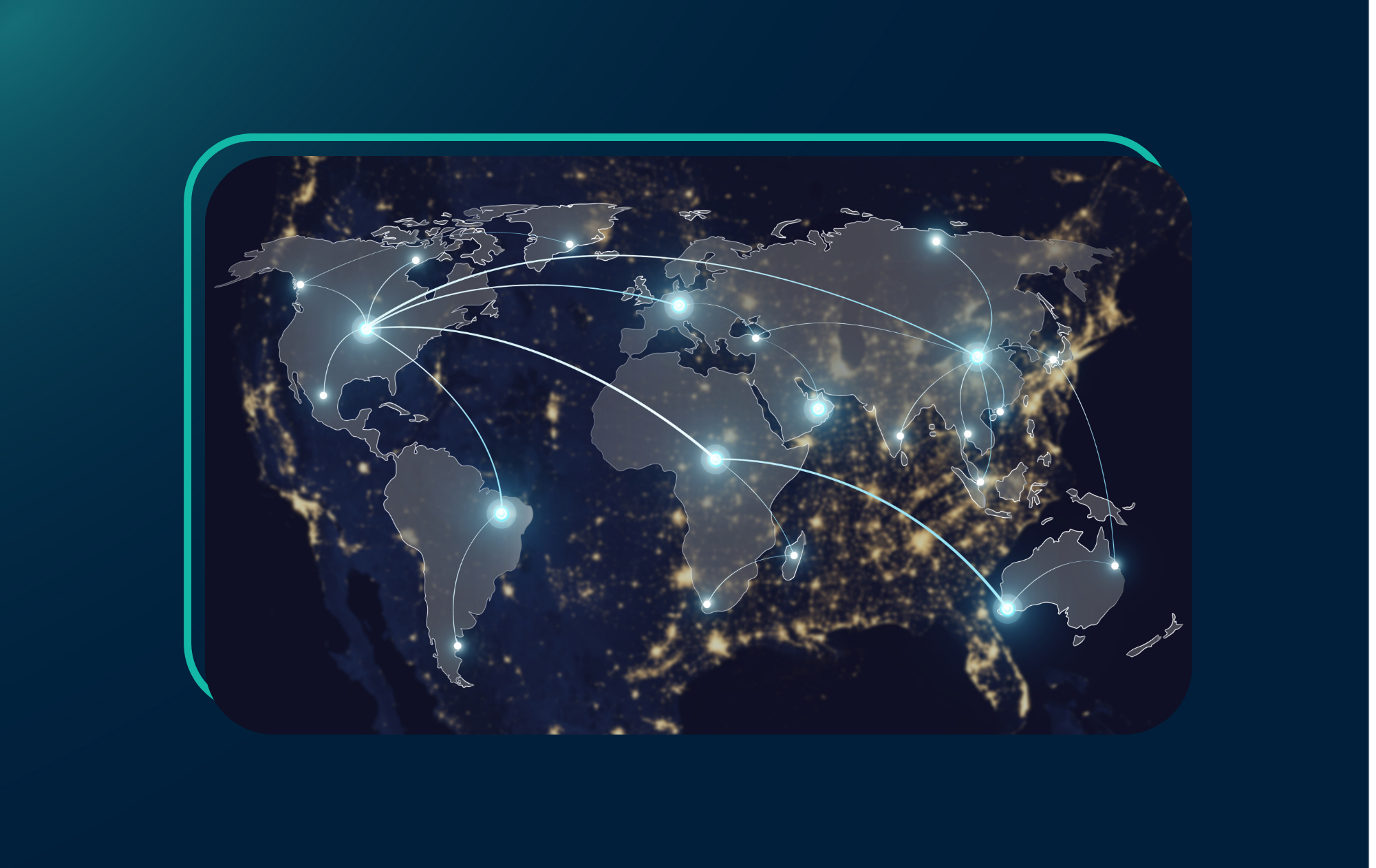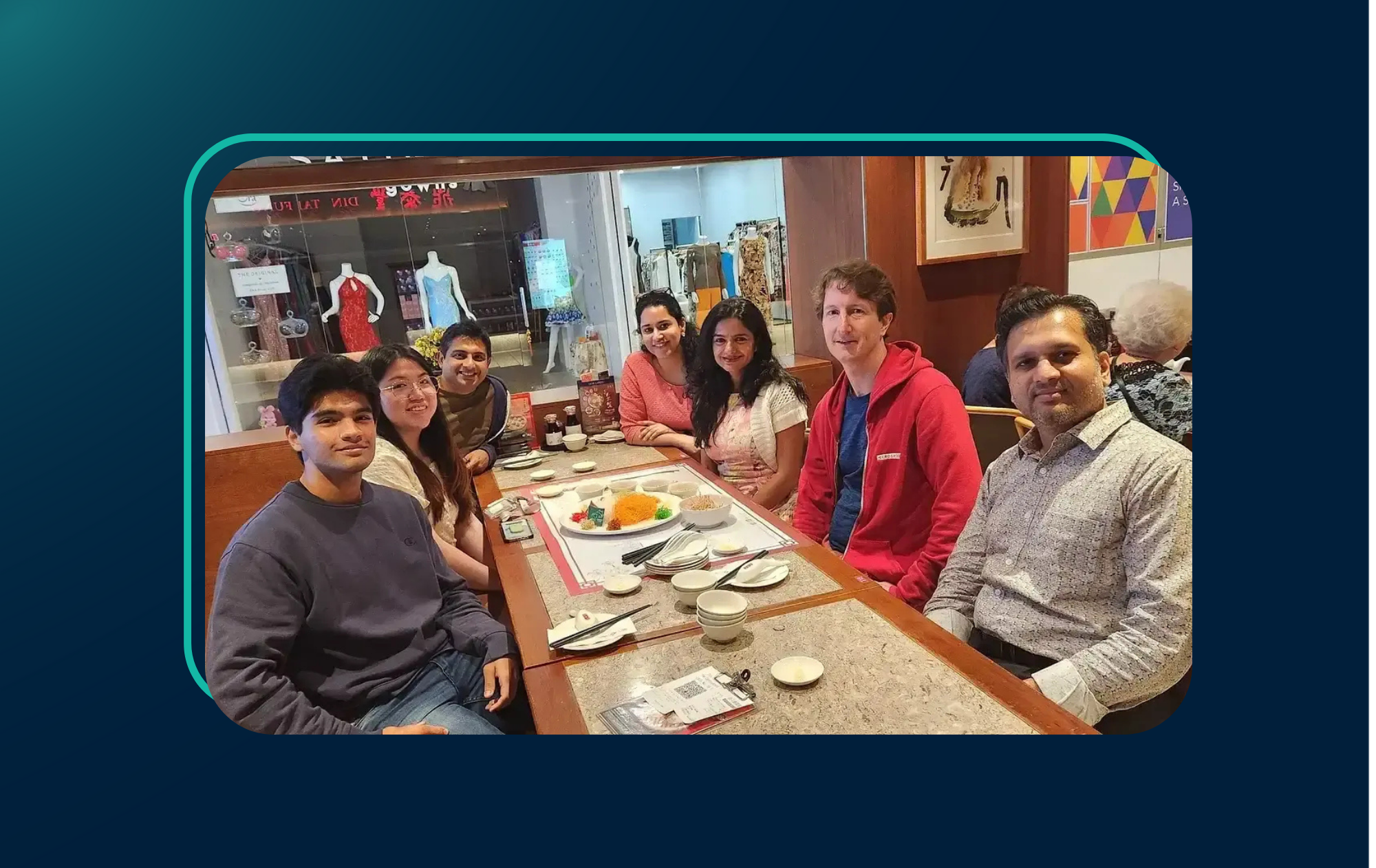Borneo has been fully remote from day 1, and this is because the company started with individuals who prefer to work remotely, and are capable of leveraging its benefits. As time went by, physical offices were established, but only because it was a missing piece to our interactions: the white-boarding discussions and the catch-up. Other than that, we have embraced remote work like it’s our own baby.
Our remote culture is also championed by one of our most senior software engineers, who have been working remote for the past past 6 years; partially for 5 more years before that. It is amazing when you think what this truly means: we have a PhD in remote working in our team!
As such, remote work became the default for Borneo. This status quo was also to our benefit when Covid hit, because we did not need to change the way we operate. Seeing the world become remote was a blessing — not just for our hiring — but for us to learn more about how other companies work around the remote culture — a massive social experiment that would allow us to accelerate learning more about how to grow the company while preserving the remote culture.
So why remote?
The number one thing when people think of remote is: no commute! The number two thing is: no politics! But it’s more than just these (P.S. the latter is on a per-company basis).

(No more angry mornings (per-company basis as well). Picture from https://theoatmeal.com/comics/working_home-
So let’s talk about the benefits first. Other than no commute, it also means you can have your own schedule, because now there is little obligation to be situated in a cubicle. If your company is truly output-oriented, then you can work during the times you are truly productive. A win-win for both you and your company.
The other great benefit is having less office interruptions, which means you can have higher chances for long, uninterrupted stretches of “flow”. Which software engineer doesn’t crave for this?
And the icing on the cake is, if you get bored of working from home, you can work anywhere else you want. A cafe, the library, the bench at your park, as long as you have decent wifi, no one is going to stop you.
You can learn more about the benefits of async communication here
Downsides of Remote Work and how we address them
But you might think: something gained also means something lost right? If not, why would companies have offices in the first place?
And you are right! Remote means isolation, which can mean a lot of things: lack of synchronous communication, boredom, loneliness, unclear instructions, etc. The pros of all the water break chats and the chemistry of face-to-face interactions are all missing, as though they never existed. To some people, this is torture.
Instead of letting it be (and maybe discriminating), we integrate people instead. Integration means education, and that means the senior folks hand down the cultural artifices and guide them through the magical forest, in order to make what some may call an anti-fragile community.
How we bring about inclusivity
First of all, it is about ensuring team members are being included with a buddy system. We make sure that they have a point of contact they can go to onboard themselves and ask for assistance. We also provide clear onboarding instructions on our wiki pages, so that newcomers can familiarize themselves with the different terminologies and architectures in place.
We highly encourage inclusivity through asynchronous communication as well, as we have folks that operate on different timezones. This also means reducing synchronous communication (over video) to only those that are essential. It also helps us to prioritize what really requires meetings, and what not, which aids in ensuring low interruption to work.

Picture from https://adamfairhead.com/p1228/
We also encourage proactiveness in asking. There are no stupid questions, only stupid answers. Beyond that, we also encourage an attitude of asking for permission rather than forgiveness, which means you can do something first (after planning) before you get approval. Since approvals are usually bottlenecks, doing it in reverse sometimes is more productive, since you can work on it while you are free, instead of just waiting.
But definitely, with asynchronous communication, we will also try to be responsive to questions, so that we can quickly unblock others.
Asynchronous communication also refers to written communication. This means writing things down and sharing them to the relevant folks who could not be involved in the planning or discussion, and in a concise manner, so that they can internalize what has been done to bring about new decisions and actions.

Picture from “No, We Won’t Have a Video Call for That!”
Time and Space Management
As most people usually work at home, sometimes home and office could blend together so seamlessly that it becomes very hard to distance oneself from work after office hours.
One suggestion is to have different spaces for work and life. So that could mean working only in the study room or in a small space at your desk, and leaving that space after work hours. It could also be virtual, in that you can have separate displays or browsers for work and life. Remote work is not about having more time to work, but about being more flexible with work.

Picture from https://www.peoplebox.ai/blog/one-on-ones-meeting-with-remote-employees/.
Time management also includes being available to others. That involves figuring out a schedule that works for you, which you should publish to the team, so others can work with you.
The final thing is to pace yourself, and find your own rhythm to achieve the work-life balance you want or need. Some of us were burned out quite early into remote work, and those lessons we do pass down to newcomers of remote work, so that they do not experience the same issues. Also, when burned out, take time off.
Physical meet-ups
As human beings, we still need a certain level of physical interaction as a fuel for our productivity and creativity. As such, we highly encourage physical meet-ups on a weekly basis. These meet-ups can just be for getting together, but we usually use them to do discussions that involve whiteboarding.
With the savings from not having a dedicated office space, we also have plans to bring folks offsite in different countries on a regular basis to work together in a shared space, so that we can renew our face-to-face interactions, and also allow newcomers to be able to closely meet with their colleagues who they have not met.

Our first offsite for the India team in Bangalore in Dec 2021. We wanted to get the entire team to go offsite, but due to Covid restrictions, we could only do it for the India team. It was still very much needed and really helped with people getting to know one another better.
Conclusion
Remote work can work if you have the right culture and right practices in place to empower people to make full use of the benefits of remote work. The cons of remote work though still have to be properly addressed, so that people do not feel isolated or burned out. We are still actively learning and experimenting to find the right way to operate in this setting, and we hope to be able to bring more lessons out in the future!
References
Special thanks to Florian for his great article “No, We Won’t Have a Video Call for That!”.
Contributors: Jan Hecking, Ong Teck Wu, Prithvi Rai
If you are interested to help our customers understand, identify, and remediate privacy data risk at cloud scale, we are hiring engineers for our remote-first teams in India, and Singapore!



